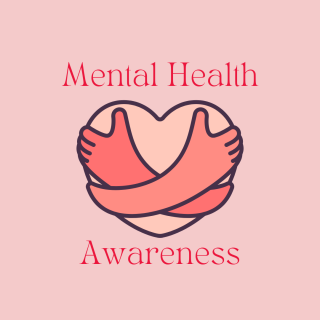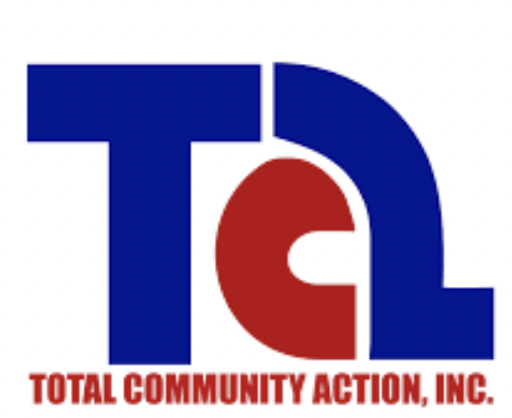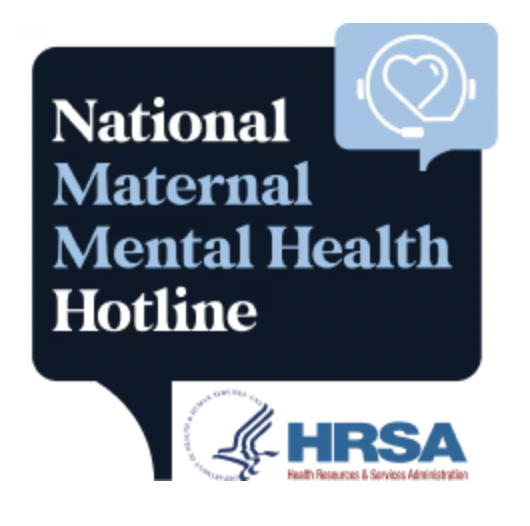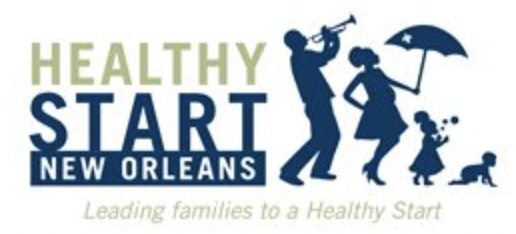Mental Health Awareness Month is recognized in May. This time is dedicated to breaking stigmas, fostering conversations, and advocating for mental health resources. One critical issue that deserves attention is postpartum depression (PPD), especially among women who have historically faced unique challenges in receiving care. By raising awareness and equipping communities with resources, we can promote a more empathetic and inclusive environment in which perinatal mental health is a priority and where parents can receive the help they need without judgment.
The Reality of Postpartum Depression in Women
Postpartum depression affects 1 in 7 women. However, some women experience higher rates due to imbalances in healthcare access, socioeconomic challenges, and cultural stigmas surrounding mental health. Studies indicate that these mothers are less likely to receive treatment for PPD, despite having an elevated risk.
Factors contributing to this issue include:
Limited access to competent care
Cost-related challenges to mental health services
Lack of trust in the healthcare system
Stigma surrounding mental health in specific communities
Initiatives Supporting Mothers
To address these hardships, organizations and initiatives have emerged to provide education, support, and advocacy for mothers experiencing postpartum depression:
- Black Maternal Health Week (BMHW)—This week-long observation is held from April 11 to 17 each year. BMHW raises awareness about maternal health disparities and promotes solutions tailored to women. To learn more about BMHW, please click here.
- Postpartum Support International (PSI)—PSI is a worldwide organization that offers a wide variety of resources for mothers struggling with PPD. Some of their resources, specifically geared towards women, include remote support groups for mothers to discuss their experiences, access available resources, and receive overall support. PSI also hosts events, such as conferences, allowing maternal mental health advocates to convene and stay informed about the latest progress and initiatives.
- The Blue Dot Project—This initiative is a national campaign that combats stigma and encourages open conversations about maternal mental health. It encourages parents to share their experiences through social media campaigns and community outreach. This project also educates medical personnel about maternal mental health and how they can support their patients.
- DePaul’s Infant Empowerment Education Program (DIEEP) – One standout initiative addressing postpartum depression is DePaul’s Infant Empowerment Education Program (DIEEP). DIEEP is committed to reducing maternal mental health disparities by providing:
- Postpartum depression education for mothers and fathers
- Community outreach events to raise awareness
- Mental health surveys to identify at-risk parents
- Resources and referrals for professional support
Looking Onward
Observing Mental Health Awareness Month allows us to amplify voices, advocate for policy changes, and ensure better access to maternal mental health resources for everyone. Supporting mothers through initiatives like DIEEP, PSI, and BMHW is essential in closing the gap in postpartum care.
If you or someone you know is struggling with postpartum depression, consider reaching out to our DIEEP team at (504) 482-2080. You can also utilize PSI’s maternal mental health hotline at 1-800-944-4773.
Together, we can ensure that every mother receives the support she deserves.










